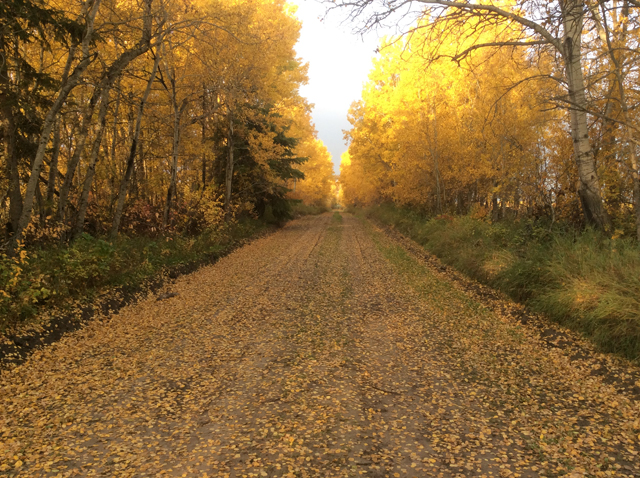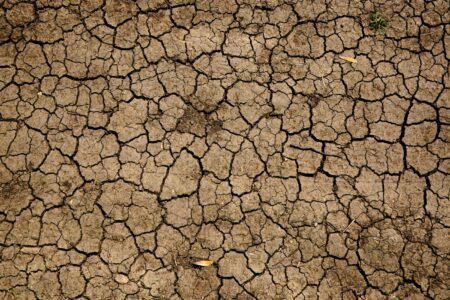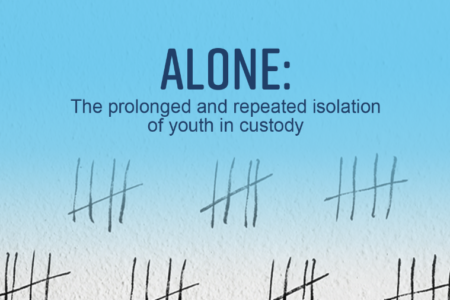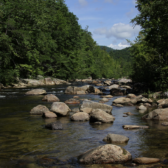Backyard wildlife need winter homes
BC residents who are taking a bit longer to clean up their yard this fall now have more reason to wait until spring.
The Nature Conservancy of Canada (NCC) says fallen leaves have many benefits. The not-for-profit land conservation group says property owners who haven’t bagged leaves already should leave some on the ground to support backyard biodiversity. It can also save people, time and energy from doing back-breaking yard work.
Dan Kraus, NCC senior conservation biologist, says it’s a small act of nature conservation that can make a big difference for native pollinators, birds and other wildlife in our backyards.
“Layers of leaves are an important habitat for many animals, such as toads, frogs and insects. They hibernate under the insulating layer of leaves,” says Kraus. “Many species of butterflies, moths and other insects also need plants stalks or dead branches for hibernation. By completely cleaning up our gardens we can be removing important wintering habitats for native wildlife.”
Kraus points out that leaves also provide a natural mulch that helps build and fertilize the soil as they break down. He says people can also help migratory and resident birds survive winter by not cleaning up their gardens.
“Fruits and seeds that remain on flowers and shrubs are a crucial food source that sustains many songbirds, such as goldfinches, jays and chickadees,” says Kraus. “Overwintering insects in our yards also provide an important food source for birds. Providing winter habitats for our native birds and insects is just as important as providing food and shelter during the spring and summer.”
Learn More
The Nature Conservancy of Canada is the nation’s leading land conservation organization, working to protect our most important natural areas and the species they sustain. Since 1962, NCC and its partners have helped to protect 2.8 million acres (more than 1.1 million hectares), coast to coast, including including almost one million acres (400,000 hectares) in British Columbia.


























